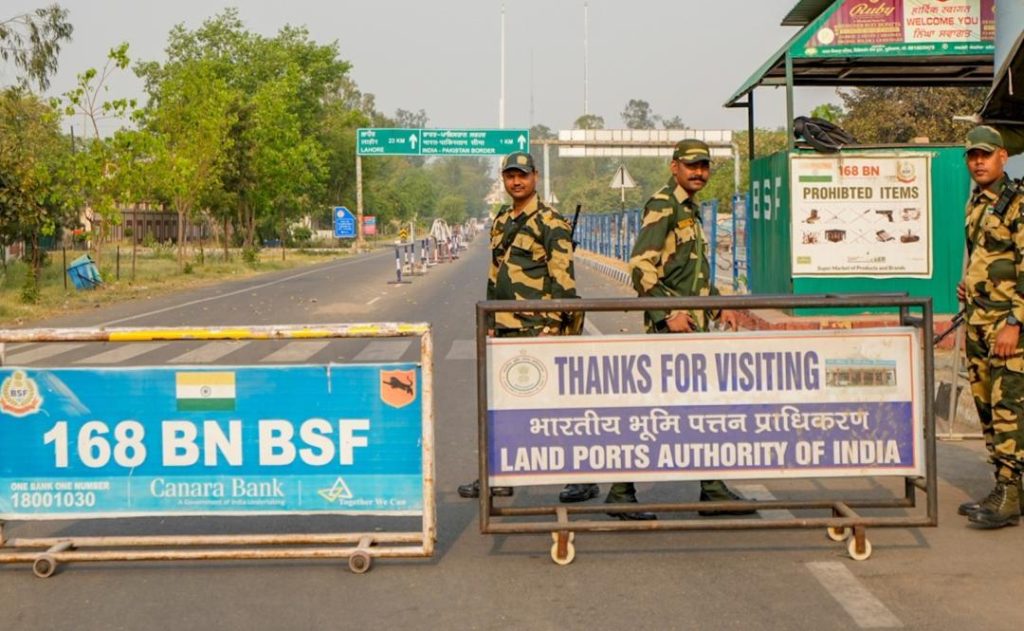
Attari-Wagah Border Between India and Pakistan Completely Closed
In a shocking turn of events, the Attari-Wagah border between India and Pakistan has been completely closed, according to reports from PTI. The border, which has been a symbol of tension and conflict between the two nations for decades, has been shut down, with no individuals from either side able to cross into the other.
This move comes after Pakistan stopped accepting its citizens who were deported by India. The mass deportations followed the recent Pahalgam terror attack, in which 26 tourists were killed. The attack was widely condemned by both India and Pakistan, and the closure of the border is seen as a response to the escalating tensions between the two nations.
The Pahalgam terror attack was a devastating incident that shook the world. On October 8, a group of terrorists attacked a bus carrying tourists in the Pahalgam area of Jammu and Kashmir. The attack resulted in the deaths of 26 people, including women and children. The Indian government condemned the attack and vowed to take strong action against those responsible.
In response to the attack, India deported a large number of Pakistani nationals who were found to be in the country illegally. However, Pakistan refused to accept these individuals, citing the lack of diplomatic ties between the two nations. This led to a standoff, with India refusing to release the deported individuals unless Pakistan agreed to accept them.
The closure of the Attari-Wagah border is a significant development in the already tense relations between India and Pakistan. The border has been a major point of contention between the two nations, with both sides accusing each other of violating the terms of the 2003 ceasefire agreement.
The agreement, which was signed by the then-Prime Ministers of India and Pakistan, Atal Bihari Vajpayee and Pervez Musharraf, respectively, aimed to reduce tensions between the two nations and prevent the escalation of violence along the border. However, since then, there have been numerous violations of the agreement, with both sides accusing each other of ceasefire violations.
The closure of the Attari-Wagah border is likely to have significant economic and humanitarian implications for both nations. The border is an important trade route, with a significant volume of goods being traded between India and Pakistan every year. The closure of the border is likely to disrupt this trade, causing economic losses for both nations.
Furthermore, the closure of the border is also likely to affect the movement of people between the two nations. There are many people who have families on both sides of the border, and the closure of the border is likely to cause significant difficulties for these individuals.
In conclusion, the closure of the Attari-Wagah border between India and Pakistan is a significant development in the already tense relations between the two nations. The closure of the border is likely to have significant economic and humanitarian implications for both nations, and it remains to be seen how the situation will unfold in the coming days and weeks.






